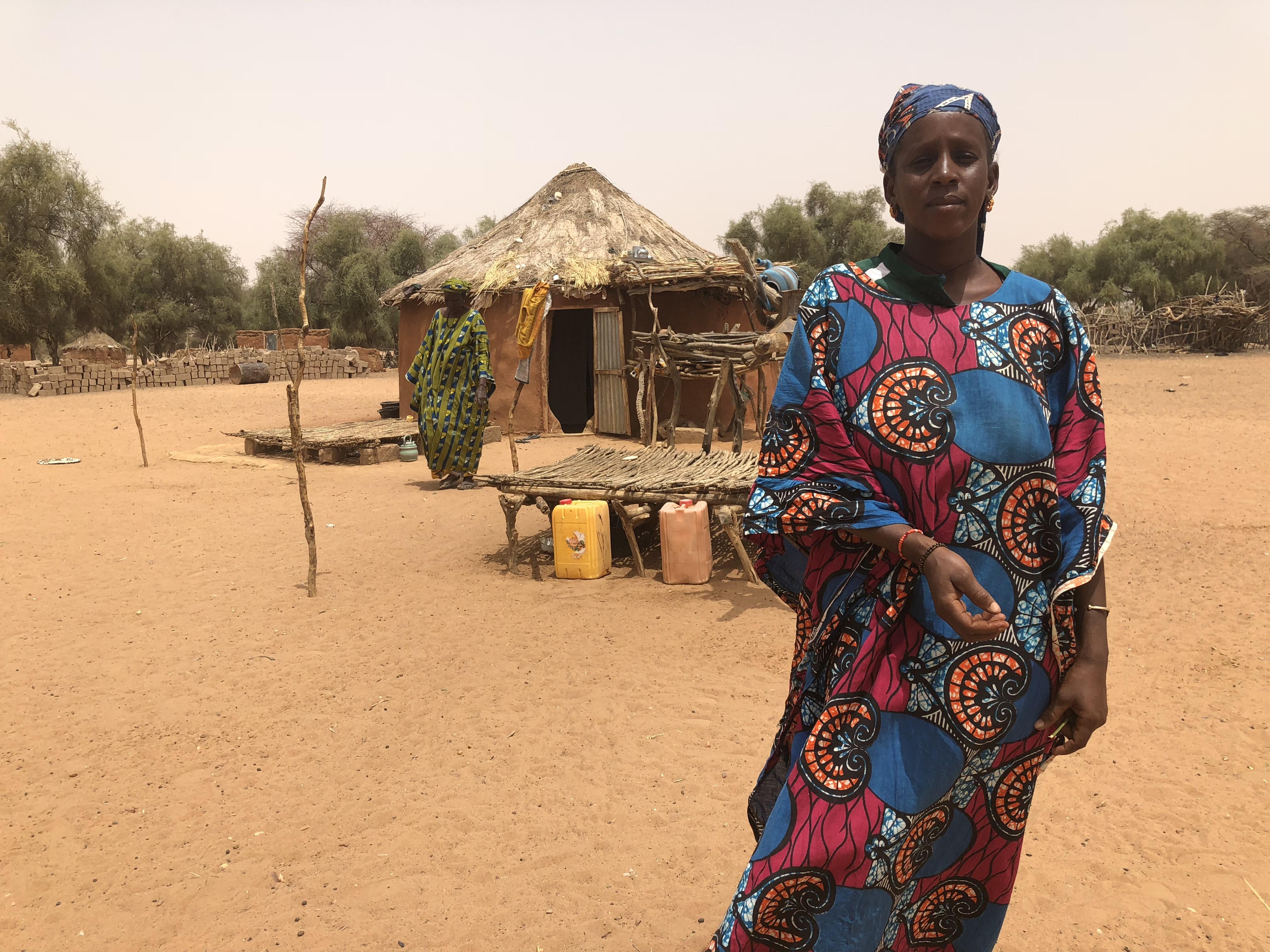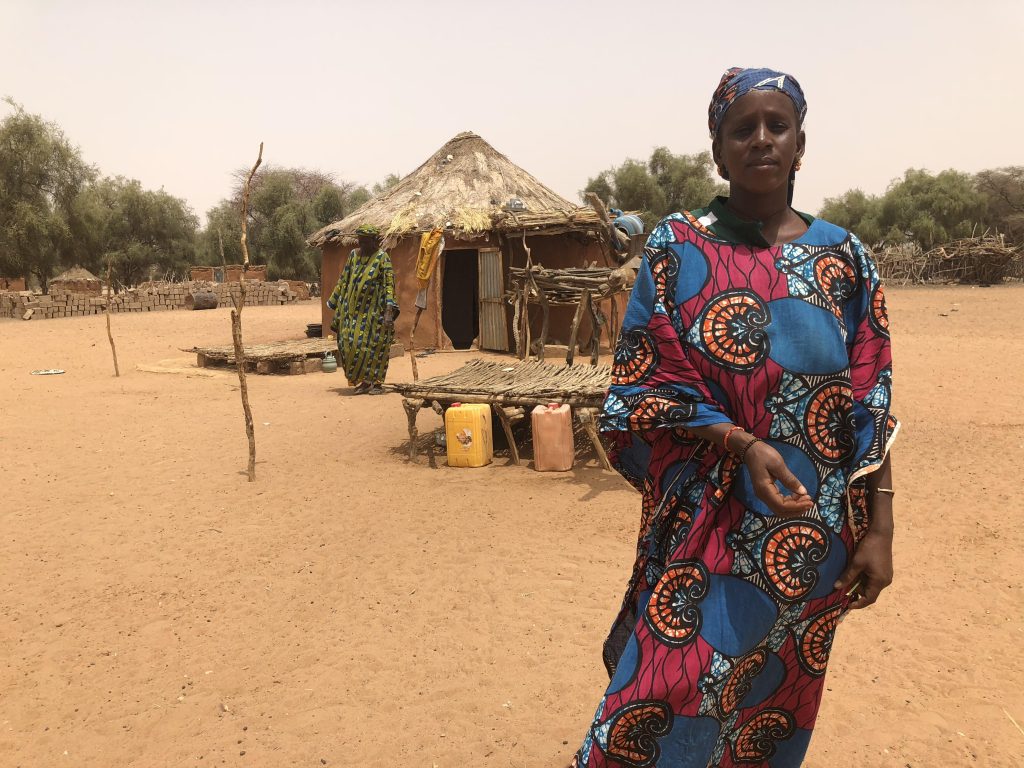Once, Adouia Brema was a child bride forced to leave school. Today, she gives her community the gift of light.
Her journey – from vulnerable teen mother to solar cell electrician – shows the remarkable feats that marginalized women and girls can achieve when they are empowered with information and economic opportunities.
“I was only 13 years old when I got married. The day I got married, I was in sixth grade,” Ms Brema recalled.

“At first, they let me continue going to school. Then I gave birth to my first two children. I found myself all alone in the house and I had to drop out of school so that I could take care of my home and my children. Today, I have eight children.”
For many child brides, marriage means a swift exit from schooling and entry into motherhood. They are less able to advocate for themselves, have less access to health services and higher vulnerability to violence. Their communities forgo the full fruit of their potential.
But change is possible.
Not just “a man’s job”
The Sahel Women’s Empowerment and Demographic Dividend Project (SWEDD) gives women and girls across West Africa vocational training so that they can earn more and have a better future. The project also strengthens girls’ education, increases access to reproductive health services, and engages whole communities on issues including child marriage, human rights and gender equality.
Through SWEDD, Ms Brema enrolled in a course to become an electrician.
“At first, we thought that electricity, with all those wires, was a man’s job,” she said. “We felt like we couldn’t do it. But we were told not to panic. We could do it.”
She and her classmates learned quickly. “We started to grasp some of the notions, such as solar panels, batteries and all of the electrical connections,” she said.
“I was able to learn the basics in two weeks, and I started to work on my first electrical installations with no fear. Now we have a business.”
Empowered women lift the community
In Chad and other countries where it is working, SWEDD has already provided professional training to more than 154,000 women. When marginalized women and girls are able to access information and opportunities, the benefits accrue to their whole families and communities.
With her business, she and her partners have been able to provide low-cost lighting to their community members.
“Once the panels have been installed, electricity is free because it comes from the sun,” she said. “You get electricity day and night. Children use it all the time.”
Ms Brema also trains other women in the village.
“Before, I depended on my husband. But today, we make a profit from each installation… Ever since I learned how to do a paid job, I’ve wanted my sisters to follow my example. If they learn skills, they will be able to work and earn money too.”
Expanding opportunities
The World Bank recently approved $376 million in additional funds to support the implementation of SWEDD’s phase 2, which brings the World Bank’s overall support to $680 million.
In addition to supporting existing initiatives, the new injection of funding will help governments strengthen legal frameworks that support women’s rights to health and education. Parliamentarians, judges and lawyers have already been consulted for this part of the project.
Joining phase 2 are the West Africa Health Organization and the African Union. UNFPA will continue to implement SWEDD and provide technical guidance. The countries implementing the project are Benin, Burkina Faso, Chad, Côte d’Ivoire, Mali, Mauritania, Niger, and the programme will soon roll out in Cameroun and Guinea.
Most recently, UNFPA has supported SWEDD in the regional campaign #StrongerTogether, which has the rallying cry “My empowerment, my future, even in times of crisis!” The campaign shares information about COVID-19, positive gender roles, water and sanitation, and menstrual hygiene. It also highlights distance learning for girls and the importance of having them return to school.
As for Ms Brema, she recently told UNFPA the pandemic has been hard on her family and business.
Still, she has always said that with the right resources, women and girls can create a better world for all: “We will help each other and our combined efforts will make a better future,” she said.

